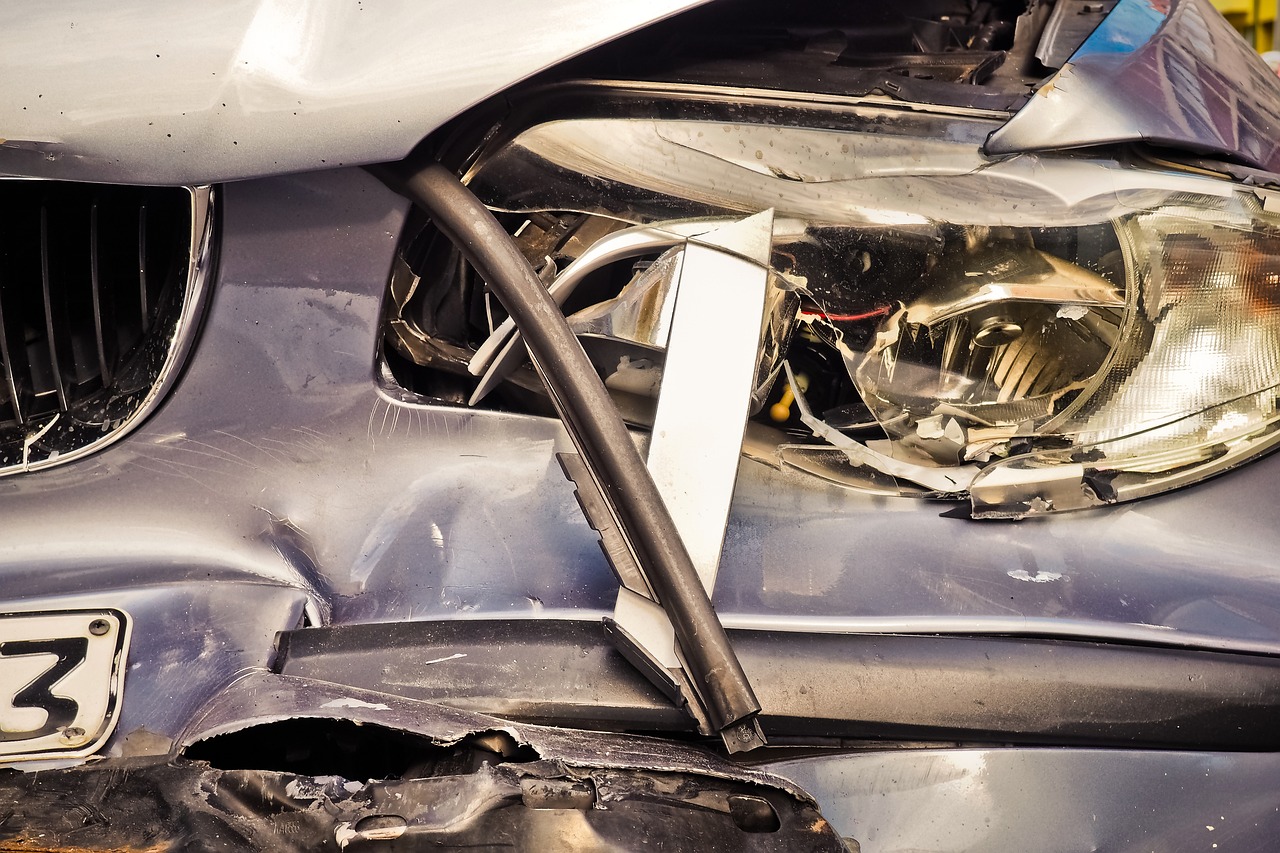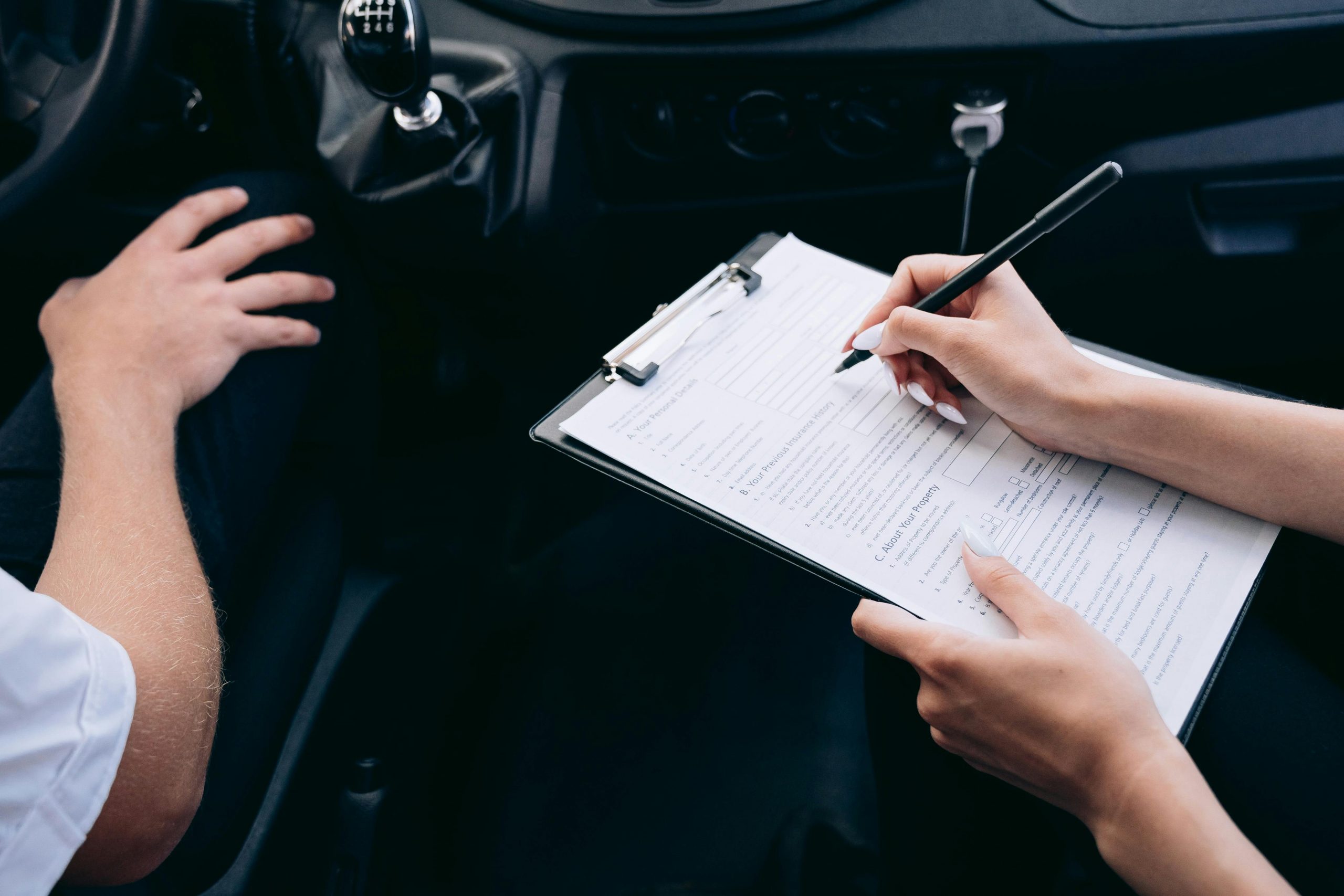Imagine finding your dream car online, only to discover hidden issues after the deal is done. With a quick Texas license plate lookup, you can avoid the pitfalls and drive off with confidence, knowing exactly what you’re buying.
Why a Texas License Plate Lookup is Essential
Texas, with its vast and diverse used vehicle market, offers everything from rugged trucks to fuel-efficient sedans, catering to all needs. However, buyers should stay vigilant, as the broad range of options can sometimes hide a vehicle’s true condition and history. When buying a Texas used vehicle, hidden damages, salvage titles, outstanding liens, and odometer fraud are potential risks that can lead to costly repairs or legal complications.
Conducting a license plate lookup is crucial when buying a vehicle. It helps you access important details and identify any potential issues like theft or outstanding liens. In a large and varied market like Texas, this step ensures that you make informed decisions, protecting your investment and giving you peace of mind.
Tips for Buying a Used Car and Using Texas License Plate Lookup
When buying a used car in Texas, there are several approaches you can take, but doing a Texas plate check is a smart way to get the complete picture. To increase your chances of making a good purchase, keep these tips in mind.
Research the vehicle in accordance with your needs
Before diving into a used car sale, take some time to research your prospective car; make sure it fits your needs and preferences. Consider aspects like size, fuel efficiency, and features to narrow down your choices. Don’t forget to use Texas car license plate lookup to check the car’s history for any potential issues or past accidents.
Consider your budget and market prices
As you gear up to shop for a car, begin by determining your budget and narrowing down the make and model that catches your eye. Consider factors like fuel efficiency and the must-have features to ensure the car aligns with your lifestyle. After you’ve made your list, explore market prices for those models so you can recognize a fair deal and steer clear of overspending. This approach will help you find a car that fits both your needs and your budget.
Review vehicle history reports
Getting a clear picture of a used vehicle’s history is essential, and you can do that by checking its history report through services like NMVTIS and VinCheckPro.com. These reports provide valuable insights into past accidents, title issues, and previous ownership, which can help you evaluate the vehicle’s condition and reliability. With this information in hand, you’ll be better equipped to make an informed decision when purchasing.
Thoroughly inspect prospective cars
To inspect a used car, follow these key steps. First, physically examine the vehicle for visible damage, rust, or signs of past accidents, and assess the condition of the tires, brakes, and both the exterior and interior. Next, have a trusted mechanic perform a thorough mechanical inspection to identify any hidden issues or needed repairs. Finally, drive the car in various conditions to evaluate its performance, handling, and comfort.
Examine title, odometer, and other relevant documents
When buying a used vehicle, first verify the title to ensure it is clear and matches the seller’s name, and confirm that the vehicle is not branded as salvaged or rebuilt. Next, check the odometer reading for accuracy and look for any discrepancies. Following these helps ensure the vehicle’s legitimacy and avoid potential issues.
Negotiate and Finalize the Purchase
Once the aforementioned tips are heeded, you can then decide whether to complete the sale or not. To finalize your car purchase, first, negotiate the price based on your research and inspection findings. Next, carefully review the purchase agreement to ensure you understand all terms before signing it. Then, complete the necessary paperwork to transfer ownership, including the title transfer and registration, and obtain a bill of sale as proof of the transaction. Issues may still persist post-sale, so it is important to keep lines of communication open with the seller and consider the aftermath of the sale before you finalize the deal.
How to Spot a Bad Used Car: A Comprehensive Guide

Shopping for a used car? It’s important to look beyond the surface to catch any potential issues that could lead to expensive repairs or safety problems later on. The following details will help you recognize the warning signs of a bad used car, so you can be certain you’re getting a reliable vehicle.
Here are key signs to watch for that might indicate potential issues:
| Uneven Body Panels | Check for uneven gaps between body panels, doors, and the hood. Inconsistent panel alignment can suggest that the car has been in a major accident and poorly repaired. |
| Rust and Corrosion | Inspect the undercarriage, wheel wells, and the lower parts of the doors for signs of rust. Excessive rust can lead to structural issues and costly repairs. |
| Oil Leaks | Look for oil spots under the car or any signs of leaking around the engine and transmission. Leaks can indicate problems with gaskets, seals, or the engine itself. |
| Excessive Exhaust Smoke | Start the engine and observe the exhaust. Blue smoke might indicate burning oil, white smoke can mean coolant is leaking into the engine, and black smoke suggests excessive fuel consumption. |
| Unusual Noises | Listen for any unusual noises during a test drive, such as clunking, grinding, or squealing. These noises can be indicative of issues with the engine, transmission, or suspension. |
| Warning Lights | Ensure that all dashboard warning lights turn on and off as expected. Persistent warning lights could point to underlying mechanical or electrical issues. |
| Uneven Tire Wear | Check the tread on each tire. Uneven wear can suggest alignment problems or suspension issues that could affect the vehicle’s handling. |
| Unresponsive or Stiff Steering | Test the steering for responsiveness and smoothness. If it feels stiff or unresponsive, it might indicate problems with the steering system or suspension. |
| Brake Issues | Test the brakes by pressing the pedal. It should feel firm and responsive. If the pedal feels soft or the car pulls to one side, there may be issues with the brake system. |
| Inconsistent Service Records | Ask for the vehicle’s maintenance history. A lack of regular maintenance or inconsistent records can be a red flag for future problems. |
| Foul Odors | Pay attention to any unusual odors inside the car, such as mildew or burnt oil. Persistent smells can indicate issues like water damage or engine problems. |
| Interior Wear and Tear | Examine the interior for excessive wear on the seats, dashboard, and controls. While some wear is normal, significant damage might reflect how the car was treated or maintained. |
| Check for Frame Damage | Look underneath the car for signs of frame damage, such as bent or twisted metal. Frame issues can compromise the vehicle’s safety and performance. |
| VIN Discrepancies | Verify that the Vehicle Identification Number (VIN) on the car matches the VIN on the title and registration documents. Discrepancies could indicate tampering or theft. |
| Test Drive Evaluation | During the test drive, pay attention to how the car handles different driving conditions. Watch for issues like difficulty accelerating, rough shifting, or vibrations. |
Spotting a bad used car means doing a detailed check, both visually and mechanically. If you’re unsure about anything you spot, having a trusted mechanic do a pre-purchase inspection can get you a professional opinion. Adhering to the checklist and noting key details will help you steer clear of any lemon and find a reliable ride that fits your needs.
Legal Considerations for Buyers in Texas

In Texas, buyers should be aware of legal considerations to avoid potential issues down the line. Buyers must comply with state requirements to ensure that ownership is secured in accordance with the law.
Texas Lemon Law
The Texas Lemon Law protects buyers of new vehicles with significant defects. If a new car has a serious defect that affects its use, value, or safety and the dealer or manufacturer cannot fix it after reasonable attempts, the buyer may get a refund or replacement. This defect must be reported within the warranty period.
For used cars, protections are limited but may include coverage under the manufacturer’s original warranty or dealer warranties. Used car buyers should review any warranties and understand their rights under the Texas Deceptive Trade Practices Act (DTPA), which covers issues like misrepresentation. Getting a vehicle history report and having a mechanic inspect the car can help avoid hidden defects and ensure informed decisions.
Disclosure Requirements
In Texas, sellers must provide a completed Vehicle History Report detailing past accidents, title status, and odometer readings, and disclose any known defects. Buyers should review this report, have the vehicle inspected by a mechanic, check for recalls, and ensure the title is clear (not “salvage” or “rebuilt”). These steps help buyers make informed decisions and avoid potential issues.
Avoiding Fraud and Scams
When buying a used car in Texas, protect yourself from scams by:
-
- Researching the vehicle’s history with services like NMVTIS and VinCheckPro.com License Plate Lookup.
- Ensuring the VIN matches the report and title.
- Avoiding sellers who refuse to provide a history report or rush you into a decision.
- Verifying the seller’s legitimacy and checking their reviews.
- Inspecting the car or having a mechanic do so.
- Using secure payment methods, like certified checks.
- Ensuring the title is clear and not marked “salvage,” “rebuilt,” or “flooded.”
In Texas, like in many other states, used car buyers should be cautious of common used car frauds being committed by scammers.
-
-
- Odometer rollback
- Title washing
- Flood damage
- Concealment of bad title brands/remarks
- Curbstoning
- Fake vehicle reports
- Lemons
-
Auto Warranty
A warranty is a manufacturer’s promise to cover repairs or replacements for certain parts and systems of a vehicle for a specified time or mileage. New cars usually come with a manufacturer’s warranty, which may include bumper-to-bumper coverage, powertrain protection, and corrosion protection, with details varying by manufacturer.
Service Contract
Service contracts, or extended warranties, are optional agreements bought separately. They offer additional coverage beyond the manufacturer’s warranty, including routine maintenance and specific repairs. These contracts vary in coverage levels and terms, so buyers should review them carefully to ensure they meet their needs.
Dispute Resolution
In some cases, a dispute may arise during or after the car sale. To resolve disputes between used car buyers and sellers, several options are available:
-
- Mediation: An impartial third party helps negotiate a solution. It is informal, cost-effective, and can be arranged through consumer protection agencies, automotive associations, or private mediators.
- Legal Recourse: If mediation fails, buyers and sellers may file a complaint with small claims court for smaller disputes or pursue a lawsuit in higher courts for more complex cases. Small claims court is accessible and straightforward, while higher courts involve more formal legal processes.l
- Arbitration: A neutral arbitrator makes a binding decision based on evidence. It is quicker and less formal than a trial but requires mutual agreement.
Regardless of the method, maintaining thorough records of transactions and communications is crucial for supporting your case.
For quick answers to your deepest questions on cars, feel free to visit the Texas plate number lookup page anytime, anywhere!